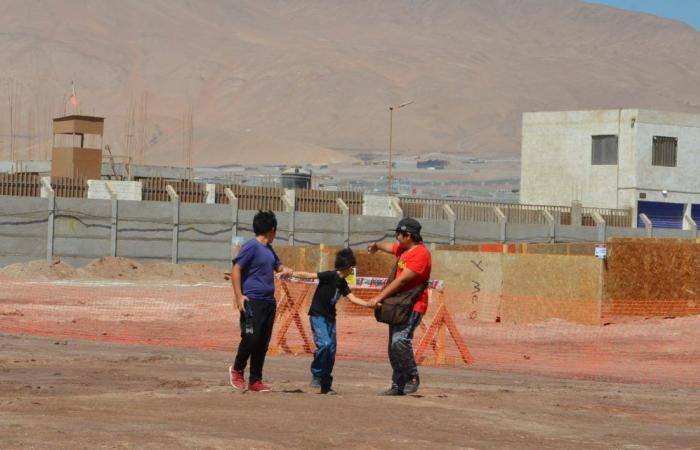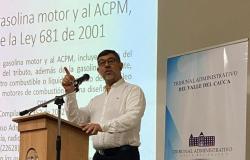The Lazos Program of the Undersecretary of Crime Prevention (SPD) has set an ambitious goal in the Tarapacá Region: to reach and assist more than 750 children and adolescents (NNA) in a period of two years.
It is about preventing risky behaviors, working comprehensively with the family environment to provide effective parenting tools and detect possible problems in time.
In 2023, the program has already served 310 minors in the region, and it is expected that this year the number will rise to 448, adding a total of 758 services in two years. A prominent component of the program is Multisystemic Therapy (MST), aimed at high-risk cases.
The therapy was implemented in 118 children and adolescents from Iquique and Alto Hospicio, with notable results: 95.1% of these young people continued living at home, 96.3% remained in school or are working, and 90.3% did not register new arrests.
The program has also intervened in 192 minors who presented disruptive behaviors or risk factors, using an intervention methodology that places families and educational communities at the center of the rehabilitation process, promoting the installation of positive values and behaviors.
Daniel Quinteros, criminologist and delegate of Tarapacá, stressed the importance of addressing crime prevention and drug consumption from an early age, pointing out that serious work in security must not only strengthen criminal prosecution capabilities but also deal with prevention and reintegration.
For her part, Paula Fortte, regional coordinator of the SPD, emphasized the need for families and educational communities to be an active part of the solution, highlighting the implementation of the positive parenting approach that seeks to strengthen the role of caregivers.
The program operates in more than 60 communes in the country, adapting its components according to the level of risk and the specific needs of each family, becoming a model of preventive intervention in Chile.
I like it:
I like Charging…






